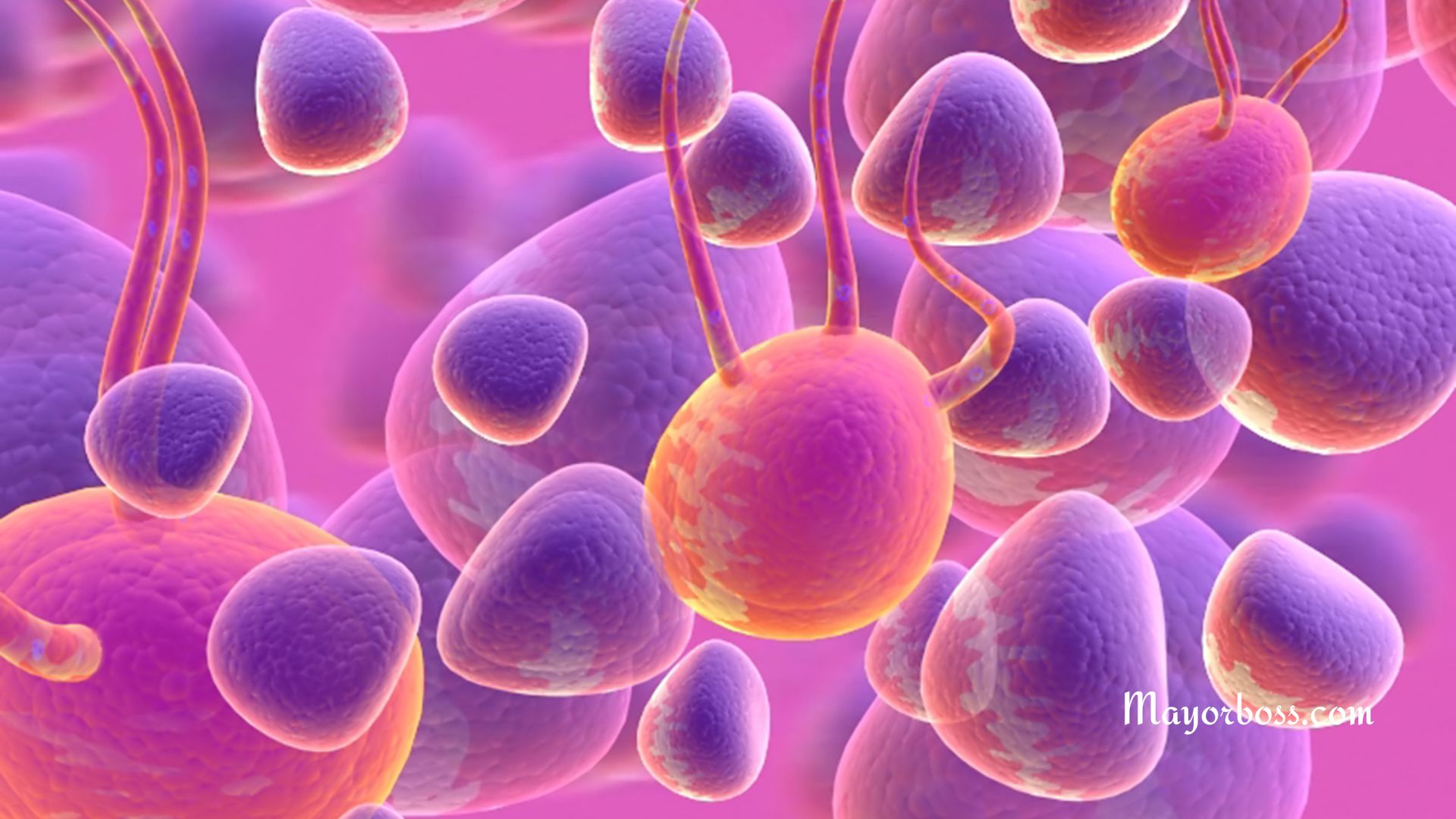Does Decaf Coffee Make You Poop? The Surprising Answer
Have you ever settled into your morning routine, clutching a warm cup of decaf coffee, only to find yourself needing to dash to the bathroom shortly after? Well, you’re not alone. This might sound odd since decaf is often chosen as the ‘gentler’ option compared to its caffeinated counterpart. But let’s get this straight: decaf coffee can indeed send you on a sprint to the loo. If you’re curious about the more immediate effects of coffee on digestion, you might also be interested in reading about “What It Means When You Poop Immediately After Drinking Coffee“. Surprisingly, there’s more to the story than just caffeine.

Coffee and Digestion: It’s Not Just About Caffeine
When you think about coffee, caffeine is probably the first thing that comes to mind. True, caffeine is a stimulant that can increase bowel movements by ramping up muscle contractions in the intestines. Naturally, you’d think that removing caffeine should prevent this effect, right? Not necessarily.
Coffee, including decaf, contains other compounds that can influence your digestive system. For example, coffee has a high concentration of chlorogenic acids, powerful antioxidants that also help to increase stomach acid production. Increased stomach acid can speed up digestion, which sometimes means moving waste through your intestines more quickly than usual.
Additionally, the act of drinking something warm can stimulate the urge to go. Warmth in the stomach tends to speed up the process of digestion. When your body senses the warm liquid, it starts gearing up to move things along in the gut.
Decaf’s Hidden Effects
Even though decaf coffee is low in caffeine, it isn’t completely devoid of it. A typical 8-ounce cup might still have up to 7 milligrams of caffeine, as opposed to the 70-140 milligrams in a regular coffee. While this might not seem like much, for some people, even small amounts of caffeine can increase stomach acid and enhance bowel movement.
What Else Is in Your Cup?
Let’s face it: coffee is a complex beverage with over a thousand different chemical compounds, and researchers are still trying to figure out how all these elements interact with the human body. Beyond chlorogenic acids and the trace amounts of caffeine, other compounds in coffee, such as diterpenes and certain oils, can stimulate the production of hormones that increase gut activity.
Lifestyle and Sensitivity
Your response to decaf could also be influenced by your overall diet and how sensitive you are to various foods and drinks. If you’re someone with a sensitive digestive system, even mild stimulants or certain acids in decaf coffee could trigger a bathroom visit.
FAQs About Decaf Coffee and Digestive Health
1. Can decaf coffee cause digestive discomfort?
Yes, decaf coffee can still cause digestive discomfort due to its acid content and small amounts of caffeine, which may irritate the stomach lining.
2. Is decaf coffee a good choice for those with IBS or other digestive issues?
While decaf is a better option than regular coffee, it can still aggravate symptoms for some people with irritable bowel syndrome or other sensitive conditions. It’s best to consult with a healthcare provider.
3. How can I enjoy coffee without upsetting my stomach?
Try drinking decaf in moderation, opt for a low-acid coffee variety, or consider having a solid breakfast with your coffee to buffer any potential irritation.
Wrapping It Up
So, there you have it! Decaf coffee might not be as innocent as it seems when it comes to your morning bathroom routine. If you’re noticing a pattern, consider experimenting with the type and timing of your coffee consumption.






